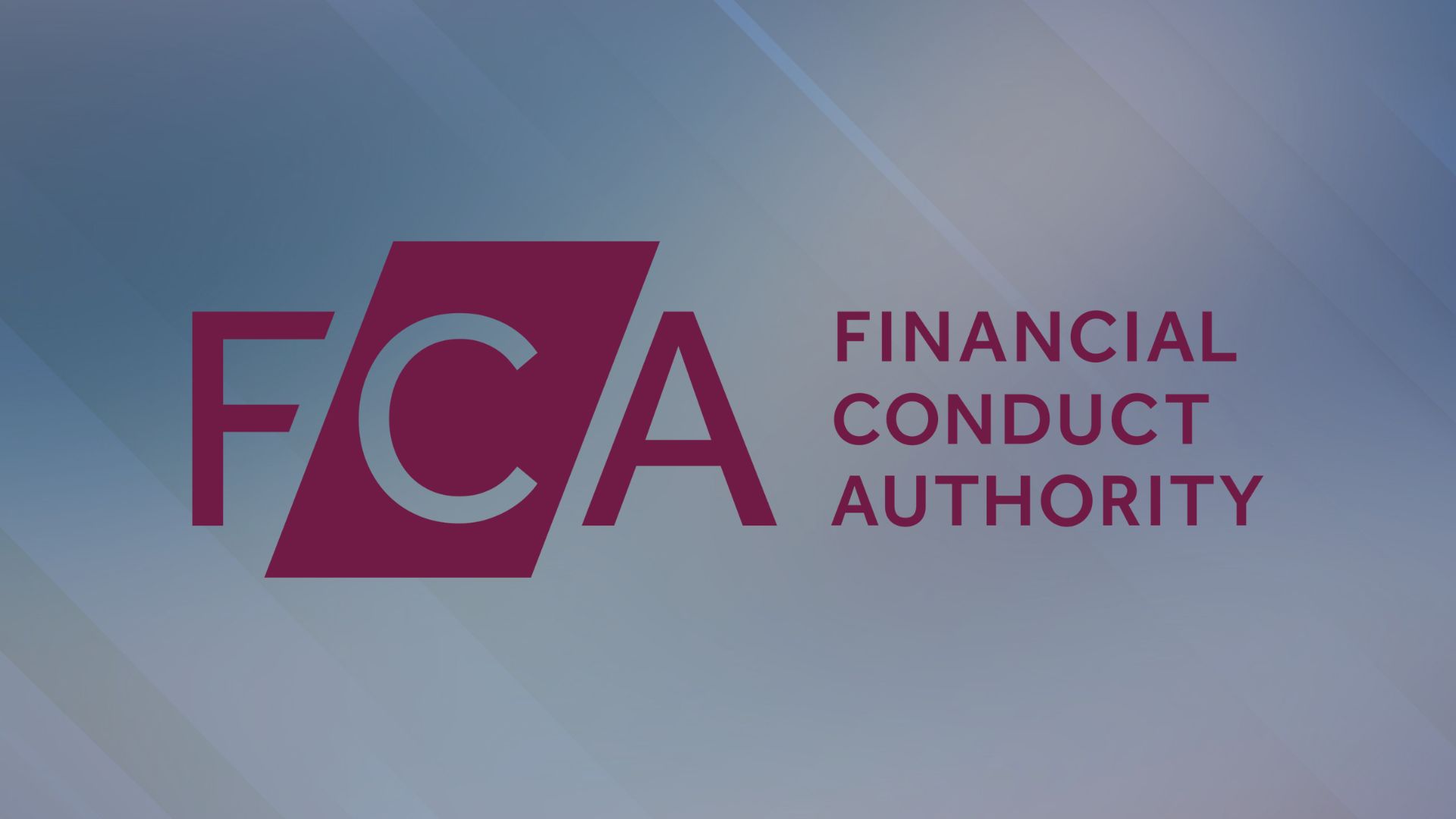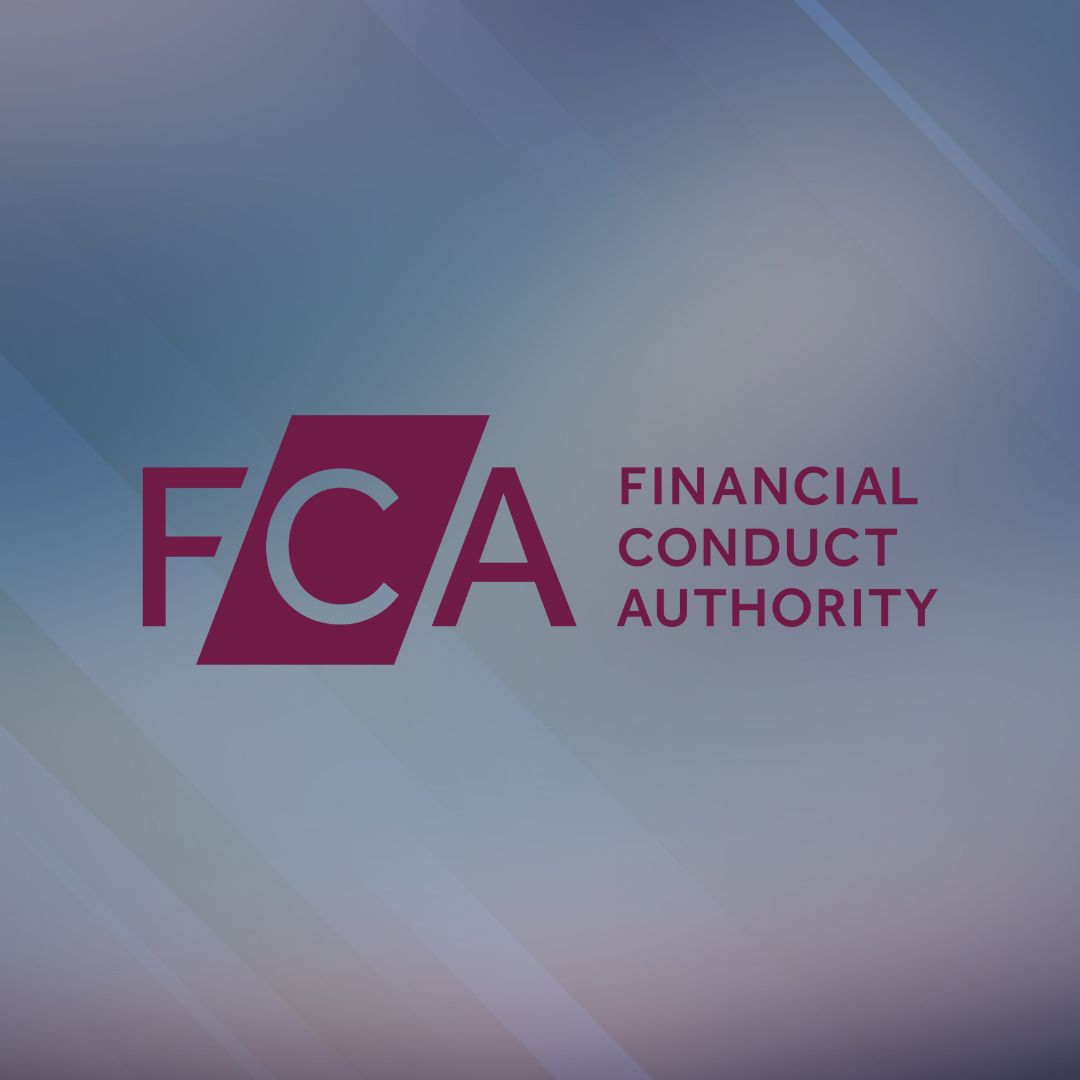
The Financial Conduct Authority (FCA) has acknowledged the efforts of banks, building societies, and payment firms in supporting customers to access accounts, particularly those in vulnerable situations. The regulator has urged providers to build on existing good practices, such as collaborating with homeless charities to offer tailored support.
The FCA has called for greater awareness of basic bank accounts, which allow customers to make and receive payments without access to an overdraft. It found that many providers could simplify the application process for these accounts. Additionally, the FCA has asked account providers to review their policies on account denials and closures, ensuring that vulnerable consumers are not unfairly disadvantaged. Providers should make clear what alternative forms of ID are acceptable, especially for those unable to provide standard identification.
The FCA reminded providers of their obligations under the Consumer Duty, particularly when communicating account closures or denials, to ensure clear and helpful customer interactions.
The regulator has also released independent research on the experiences of financially excluded consumers in accessing and using financial products, aiming to guide both the industry and consumer groups in providing better support.
Sheldon Mills, Executive Director of Consumers and Competition at the FCA, emphasized that while there are examples of good practice in supporting financial inclusion, there is room for improvement. He stressed the importance of consistent outcomes, increased awareness of suitable accounts, and support for vulnerable individuals.
The report also highlighted challenges faced by organizations such as pawnbrokers, charities, and the adult entertainment sector in accessing accounts, and called for clearer definitions of reputational risk. Furthermore, the FCA reiterated its previous finding that there is no evidence of accounts being closed due to lawfully expressed political opinions. Senior leaders have been asked to sign attestations, taking personal responsibility for compliance with FCA rules.




